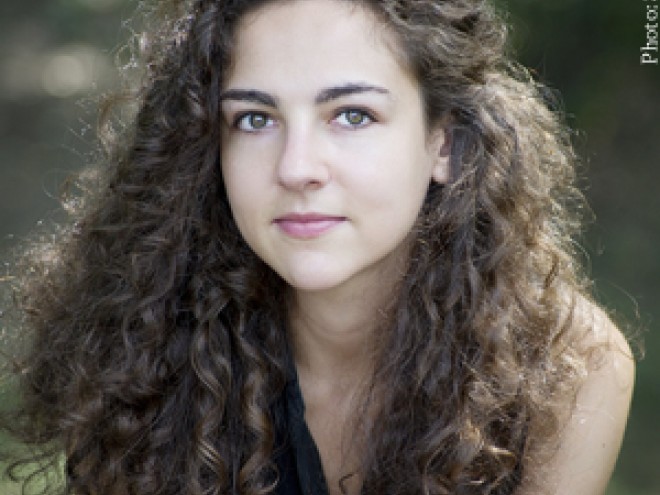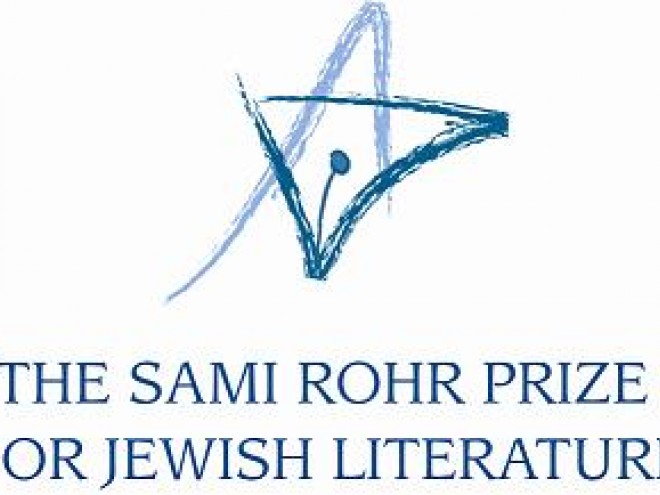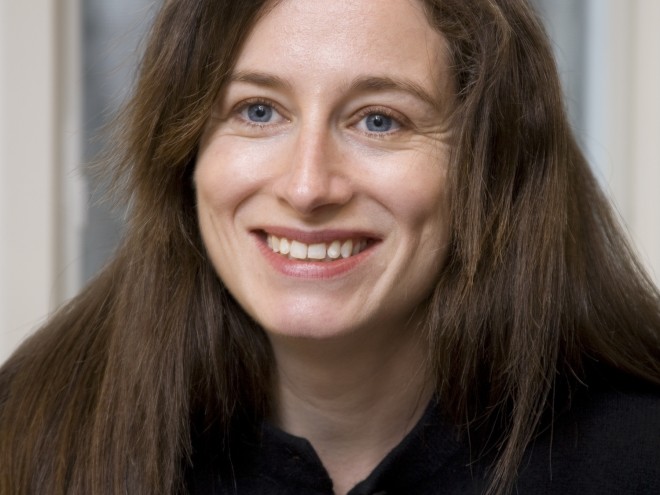Posted by Naomi Firestone-Teeter
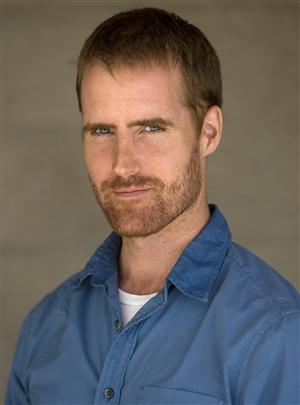 Over the next several weeks, we’re giving you the opportunity to get to know this year’s Sami Rohr Prize finalists and hopefully, in the process, add a few books to your reading list. Last week, Sarah Bunin Benor, author of Becoming Frum: How Newcomers Learn the Language and Culture of Orthodox Judaism, wrote about studying in her college library and how it changed the course of her career.
Over the next several weeks, we’re giving you the opportunity to get to know this year’s Sami Rohr Prize finalists and hopefully, in the process, add a few books to your reading list. Last week, Sarah Bunin Benor, author of Becoming Frum: How Newcomers Learn the Language and Culture of Orthodox Judaism, wrote about studying in her college library and how it changed the course of her career.
Today we hear from Matti Friedman, author of The Aleppo Codex: A True Story of Obsession, Faith, and the Pursuit of an Ancient Bible (Algonquin Books). Last year, Matti guest blogged for our Visiting Scribe series and, among other things, discussed the codex versus the Kindle.
Before we begin, a description of the Aleppo Codex in Matti’s own words (from our Twitter Book Club in 2012):
@MattiFriedman: The Crown is in the gallery underneath the scrolls, which are like the Lady Gaga of ancient Hebrew manuscripts #JLit
@MattiFriedman: In that analogy, the Crown is like an awesome indie band that only cool people know about #JLit
Below, Matti shares the book that helped inspire him to write non-fiction, offers an annotated list of book recommendations, and imagines his future granddaughter:
What are some of the most challenging things about writing non-fiction?
The hardest part of writing a good piece of narrative non-fiction – and also the most gratifying part, when it works – is creating a story with the power to draw readers in and drag them along to the very end, but at the same time remaining faithful to a level of journalism that would stand up to rigorous fact-checking. You’re trying to achieve something like the effect of a novel without the novelist’s tools of imagined scenes, characters and dialogue.
What or who has been your inspiration for writing non-fiction?
Twelve years ago or so I picked up a book from one of my parents’ bookshelves, and it was River Town, an account by Peter Hessler of a Peace Corps tour in a city on the Yangtze. It helped me understand that if you were good enough, you might be able to have adventures and explore the world and then spin those experiences into stories that would be valuable to other people. I was reporting before that, but Hessler’s book made a big impression.
Who is your intended audience?
Smart people.
Are you working on anything new right now?
I’m working on a new non-fiction project about which I’m still being cagey, beyond saying that it’s about Israel but not about the Six-Day War, settlers, or Mossad agents.
What are you reading now?
Promise and Fulfillment, Arthur Koestler’s book from 1949 about the birth of Israel. It’s amazing to see how things looked so early on without the benefit of hindsight or perspective. When he looks ahead from that moment in time, the things he gets wrong are at least as interesting as the many things he gets right.
Five books you love to recommend
This week it would be, in no particular order:
When did you decide to be a writer? Where were you?
I don’t remember. But in my 8th-grade yearbook from Dublin Heights Middle School in Toronto, underneath a very nerdy picture of me, it says, “What I want to be when I grow up.” Next to that it says, “Journalist.”
What is the mountaintop for you — how do you define success?
I don’t think I’ve ever considered that question. Like a lot of people who write, I mostly just want to be able to keep writing. Maybe the mountaintop would be my granddaughter looking up from a book in 45 years or so with a surprised expression and saying – Saba, this isn’t bad. 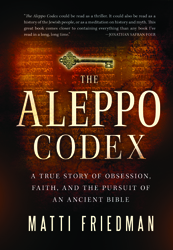 How do you write — what is your private modus operandi? What talismans, rituals, props do you use to assist you?
How do you write — what is your private modus operandi? What talismans, rituals, props do you use to assist you?
I’ve been reporting on and off since I was 19, and I have filed stories while crouched by sockets in dark hallways and riding on crowded buses with elbows in my ribs. I once scribbled a story on the back of a military rifle target sitting on the ground, then shouted it to an editor over a bad cell connection. A few years of that kind of thing beats the need for talismans out of you. Give me a quiet room and a door my kids can’t open, and I’m set.
What do you want readers to get out of your book?
I want them to say: I didn’t know that, and I can’t put this down.
Matti Friedman has been a correspondent for the Associated Press, where he specialized in religion and archaeology in Israel and the Palestinian territories, as well as for the Jerusalem Report and the Times of Israel. The Aleppo Codex, his first book, was published in May 2012 by Algonquin Books of Chapel Hill. It was selected as one of Booklist’s top ten religion books of the year, was awarded the American Library Association’s 2013 Sophie Brody Medal and the 2013 Canadian Jewish Book Award for history, and won second place in the Religion Newswriters Association’s award for best religion book of 2013. He grew up in Toronto and lives in Jerusalem.
Originally from Lancaster, Pennsylvania, Naomi is the CEO of Jewish Book Council. She graduated from Emory University with degrees in English and Art History and, in addition, studied at University College London. Prior to her role as executive director and now CEO, Naomi served as the founding editor of the JBC website and blog and managing editor of Jewish Book World. In addition, she has overseen JBC’s digital initiatives, and also developed the JBC’s Visiting Scribe series and Unpacking the Book: Jewish Writers in Conversation.
